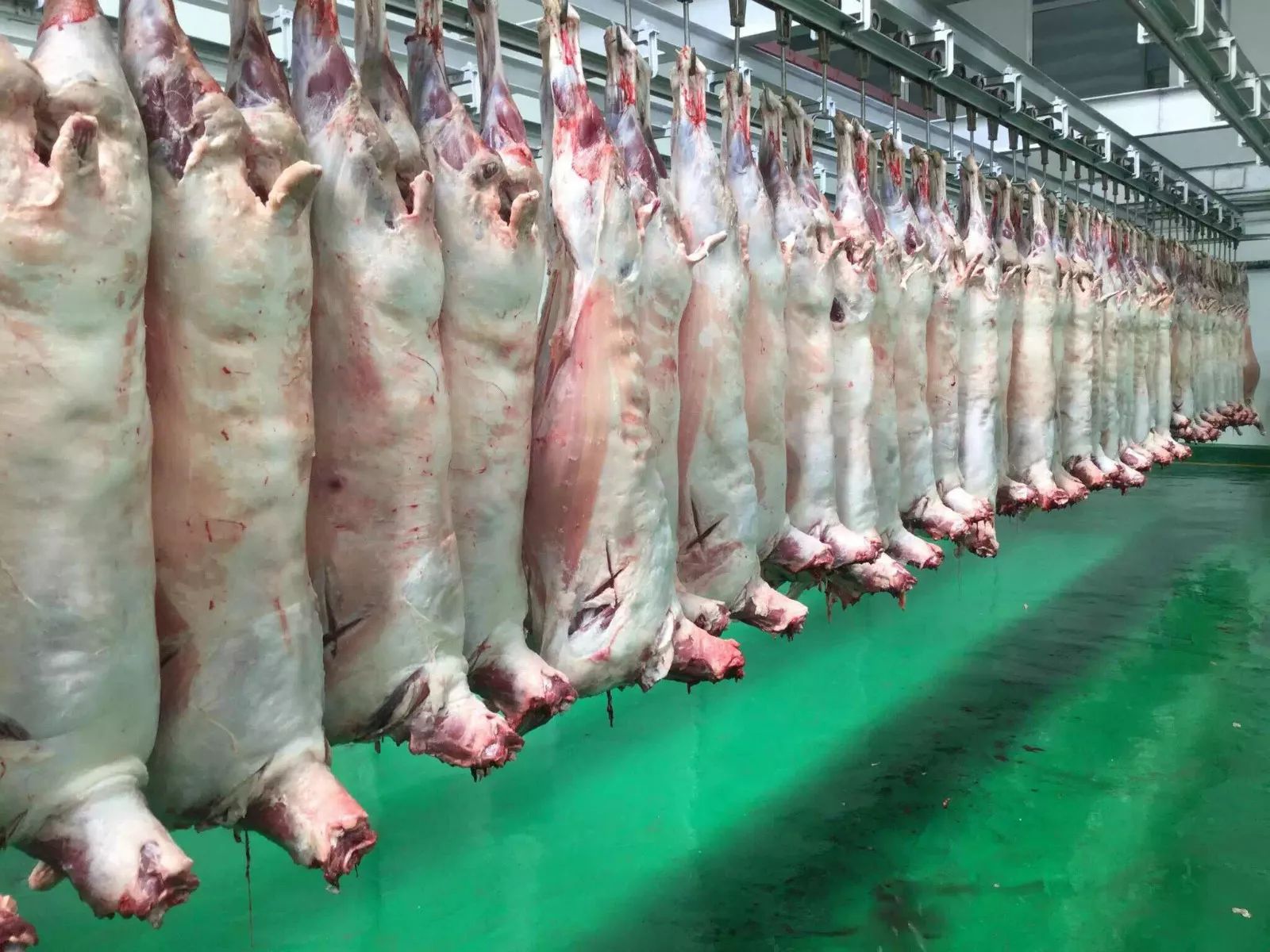




The grass for organic Tibetan sheep comes from natural pastures, and the habits of animals are fully respected during the breeding process. Sufficient activity space, sufficient natural light, sufficient drinking water and high-quality forage are used to enhance the immunity of Tibetan sheep. Antibiotics and veterinary drugs synthesized by chemical substances are prohibited for preventive treatment of Tibetan sheep, ensuring the quality and safety of the meat source.

Dulan County is located in the southeast of Haixi Mongolian and Tibetan Autonomous Prefecture in Qinghai Province, and is the eastern gateway of the Qaidam Basin. The mountains here are undulating and the grass is abundant. The usable grassland area is 19.53 million mu, accounting for 50.1% of the total area of the county. It is rich in Tibetan sheep that are renowned both inside and outside the province.


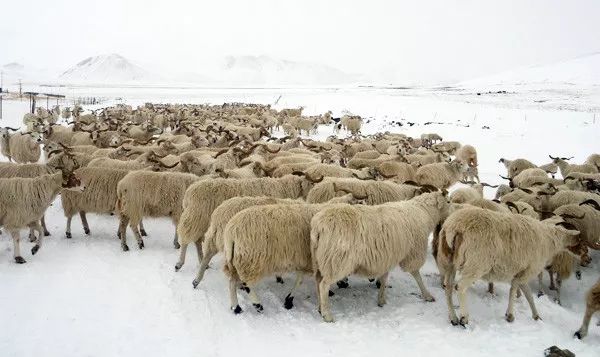
Tibetan sheep are famous for their large size and high meat production performance. They are tolerant to roughage, cold weather, good at trekking, strong and early-maturing, strong in resistance to adversity, and suitable for grazing. They still have a strong ability to grow fat under the conditions of year-round grazing and four-season transfer pastures. They are fat but not greasy and have a strong aroma.
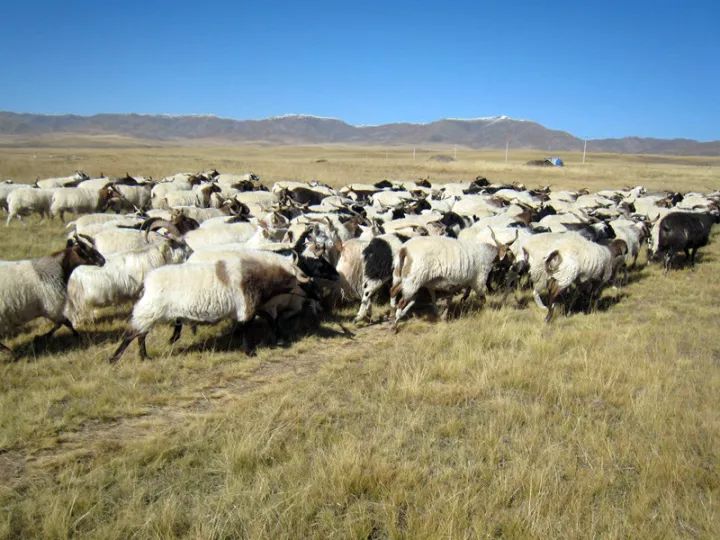
Tibetan mutton is an original, pollution-free, natural green food. It is tender, nutritious, colorful, and has no smell. It is high in protein, low in fat, high in hemoglobin, high in iron ions, and low in cholesterol. There is no harmful residue in the meat, and it is rich in anti-cancer factors. Its Tibetan sheep series products can be called treasures among mutton.
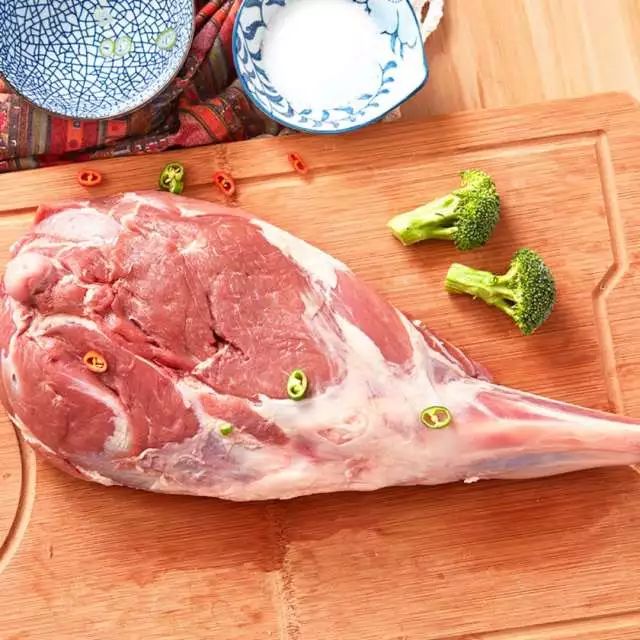
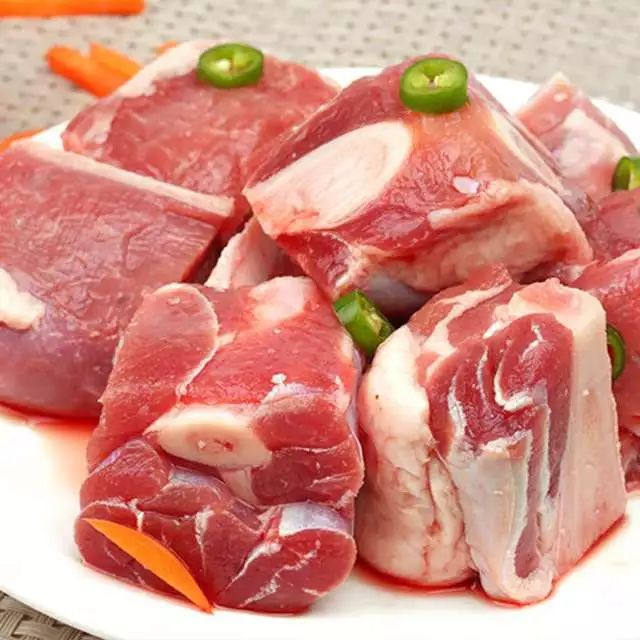
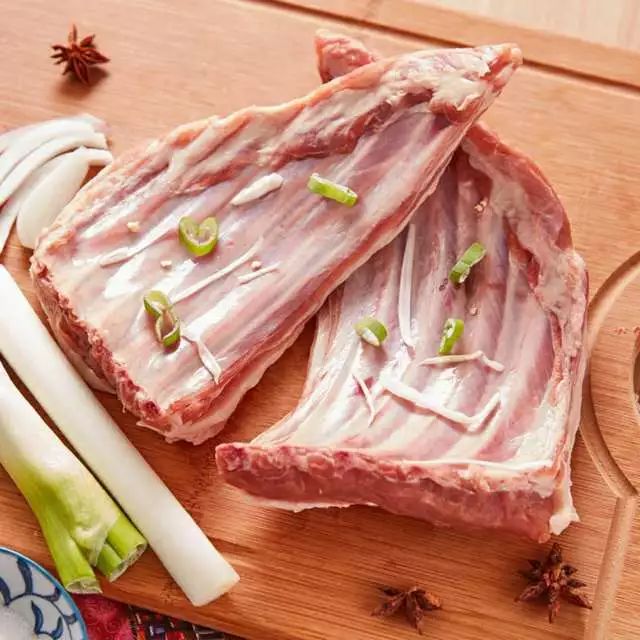
Mutton can not only protect against wind and cold, but also nourish the body. It has therapeutic and tonic effects on all kinds of deficiency symptoms, such as general wind-cold cough, chronic bronchitis, cold asthma, kidney deficiency and impotence, abdominal cold pain, physical weakness and fear of cold, soreness of waist and knees, sallow complexion and thin muscles, deficiency of qi and blood, physical weakness after illness or childbirth, etc. It is most suitable for consumption in winter, so it is called a winter tonic and is very popular among people.
